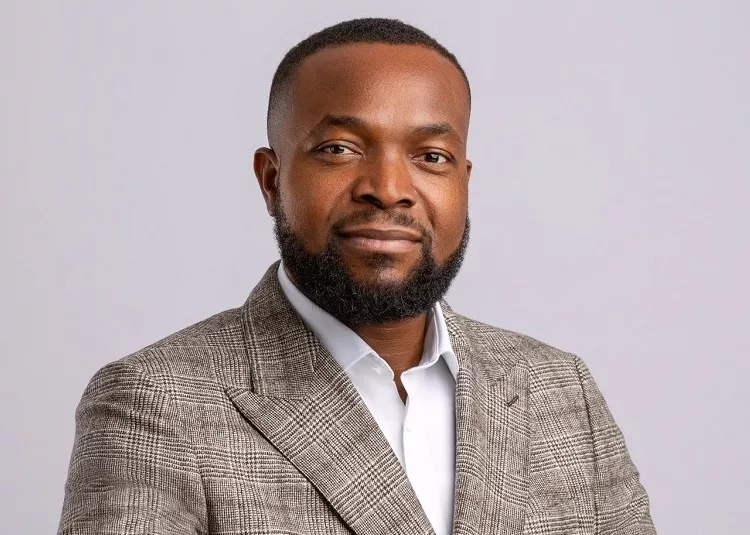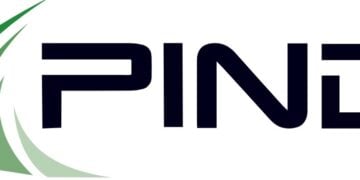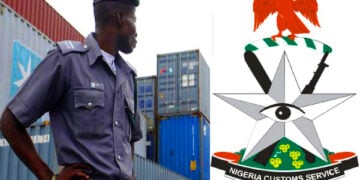The Nigerian government is set to roll out a N3.3 trillion digital infrastructure plan by the end of 2025, as an effort to bridge the digital divide and boost broadband penetration in the country.
Recall the federal government, through the Ministry of Communications, Innovation and Digital Economy, has announced an ambitious initiative to deploy 90,000 kilometres of fibre optic cables and 7,000 telecom towers across the country.
The rollout, expected to commence in Q4 2025, is a centrepiece of Nigeria’s digital transformation agenda under President Bola Tinubu.
“This $2 billion investment will ensure every Nigerian can access affordable, high-quality connectivity regardless of location,” said the minister of Communications, Innovation and Digital Economy, Dr. Bosun Tijani, in a statement commemorating the administration’s second anniversary.
According to Tijani, the project, dubbed Project Bridge, will bring rural areas into the digital fold and potentially add 2.5 per cent to Nigeria’s GDP.
However, the optimism in government circles is tempered by concerns from consumers and industry players who say existing service levels remain subpar and financial pressures are mounting.
Earlier this month, the Senate passed the Nigeria Tax Bill 2024, which proposes to reintroduce a five per cent excise tax on telecom services, three years after it was initially suspended.
Industry leaders warned that the tax, if signed into law, will fall squarely on consumers already grappling with rising tariffs and inflation.
“We have had no clarity on implementation, but the burden will fall on the average Nigerian. This is a sector that should be seen as essential infrastructure, not taxed like alcohol or tobacco,” the chairman of the Association of Licensed Telecom Operators of Nigeria (ALTON), Gbenga Adebayo, stated.
The telecom industry, which contributes 16 per cent to the nation’s GDP and is projected to reach 22 per cent by 2026, is also contending with over 50 separate taxes, according to ALTON.
Many operators fear that the reintroduction of the excise duty could derail investment momentum and slow the country’s drive for digital inclusion.
Still, the federal government maintains that its long-term vision will pay off. Under Tinubu’s leadership, the sector attracted $191 million in Foreign Direct Investment (FDI) in Q1 2024, up sharply from $22 million in the same quarter the previous year.
Beyond infrastructure, Tijani said over 117,000 Nigerians have already been trained under the Three Million Technical Talent (3MTT) programme, more than triple the original target. “This workforce will be the engine room for a digital economy that can uplift millions out of poverty,” he said.
To match the government’s commitment, telecom operators are investing $1 billion in new network equipment sourced largely from Chinese Original Equipment Manufacturers (OEMs). The Nigerian Communications Commission (NCC) disclosed that the equipment will begin arriving from July 2025, with installations focused on improving internet speeds, reducing call drops, and expanding network reach into underserved areas.
Despite these efforts, experts caution that long-term success will depend on policy coherence, cost management, and inclusive access.
“Nigeria’s digital leap is commendable, but the rollout must be equitable and affordable. Otherwise, we risk building a digital future that leaves too many people behind,” tech expert, Jide Awe stated.





